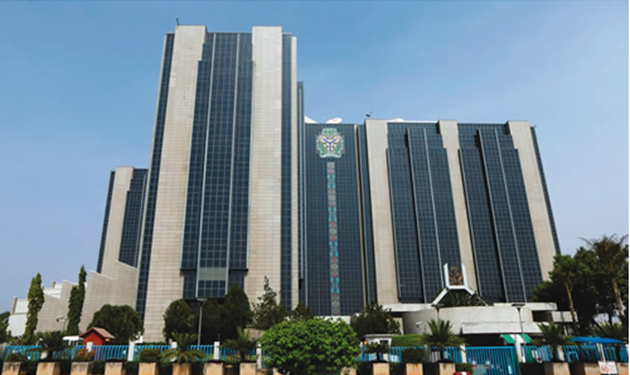The Central Bank of Nigeria (CBN) has reduced the Loan to Deposit Ratio (LDR) of banks from 65% to 50%.
Also read; UBA Plc Shareholders to consider new capital raise at Annual General Meeting
In a circular to banks on Wednesday titled “Re: Regulatory Measures to Improve Lending to the Real Sector of the Nigerian Economy”, the Apex bank reduced the percentage of deposits they must lend by 15 percentage points “to align with the current monetary tightening.”
“The new limit is in line with the banks’ required cash reserve ratio, it added.
A pull back on loans to businesses is aimed at reducing an inflation rate that rose to a 28-year high in March. The move is the CBN’s latest attempt to reduce naira liquidity and tame inflation.
In a bid to increase lending to the economy especially Small and Medium Enterprises, SME, retail mortgage and consumer loans, the CBN on July 3, 2019 increased Banks’ LDR to 60 per cent from 57 percent. The LDR was further raised to 65 per cent in January 2020.
Vanguard reported that analysts at Afrinvest Securities says the reduction will allow banks to comply with the Cash Reserve Ratio, CRR of 45 percent.
“In our view, this downward review of LDR allows banks to comply with the 45.0% CRR directive, and eases off pressure on the lenders considering the restrictive nature of other CBN directives including the Net Open Position (NOP) ceiling of 20.0% short and 0.0% long. Thus, we believe this policy would enhance the ability of banks to sweat out assets without creating unnecessary risks,” – Afrinvest Analysts.
The loan-to-deposit ratio (LDR) is used to assess a bank’s liquidity by comparing a bank’s total loans to its total deposits for the same period. The LDR is expressed as a percentage. If the ratio is too high, it means that the bank may not have enough liquidity to cover any unforeseen fund requirements. Conversely, if the ratio is too low, the bank may not be earning as much as it could be.
CBN has over the past three months hiked interest rates by a record and stepped up sales of OMO bills- a liquidity tightening tool.
The result has been a steady appreciation of the naira which is the world’s best performing currency this month even though it has come at the cost of shrinking reserves.
A persistent rise in inflation is however dampening the gains of the naira rally, complicating the CBN’s effort to deliver positive returns on local assets.
Nnamdi Maduakor is a Writer, Investor and Entrepreneur

























































